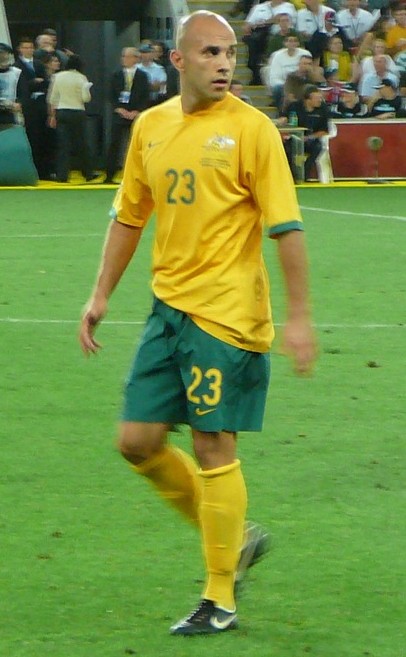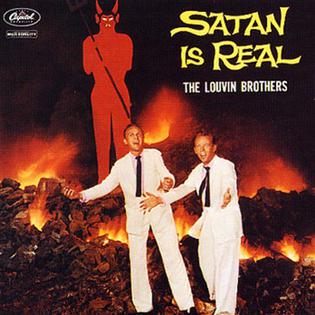The final 23-man squads for this summer’s World Cup have
begun to trickle in. There have been few surprises but only a couple of mild
head-turners – the presence of Sami Khedira, the absence of Obafemi Martins –
but on the whole, the fans will see pretty much who the expected to at the
Samba Cup.
The team harkens back to last year’s victorious Confederations
Cup team, featuring 16 players from that outfit. Unless midfielders usually
accustomed to the park’s center are shifted outside, width will have to come
from the full-back, while only three strikers have been listed (the
monosyllabically-named trio of Hulk, Fred and Jo). This means this iteration of
Brazil will rely heavily on attacking midfielders to score.
For attacking midfielders, just read: Neymar. Despite the
presence of players like Paulinho and Oscar, this is Neymar’s team and it
should be his tournament. The most precocious talent to come out of Brazil
since
Ronaldo,
the €90 million man should view the next eight weeks as the perfect opportunity
to make own this home tournament and join
the
elitest of the elite – Lionel Messi, Cristiano Ronaldo and Zlatan
Ibrahimovic.
If Brazil are to succeed, he will have to. Always capable of
the sublime, yet occasionally prone to flitting around the ephemera of games, Neymar
will have to dominate his next seven games in a way he has only occasionally done
in his young European career. A harmonious Brazil with Neymar as its focal
point has every chance of lifting the trophy; should anyone else become Scolari’s
muse, the team would appear slightly faceless. Neymar is Brazil’s biggest star
and the Selecao need his force of personality to impel a long run.
The task of pulling the whole of Brazil along behind him
must be Neymar’s. He has the understated arrogance of the best, the skills of
no-one besides his clubmate Messi and perhaps most crucially of all, both opportunity
and licence. It is his time to be the Alpha dog and act like a superstar – to do
so would intensify local support ever further and imbue his teammates with faith
in their go-to man.
While Kaka and Ronaldinho were for a time great, their
careers have both featured a long, almost terminal, downward arc. It has been
some time since we were gifted a transcendent Brazilian whose talent
perpetuated for at least a decade – the World Cup of 2014 will hopefully
present us with the latest in the genealogy that Pele begat.


